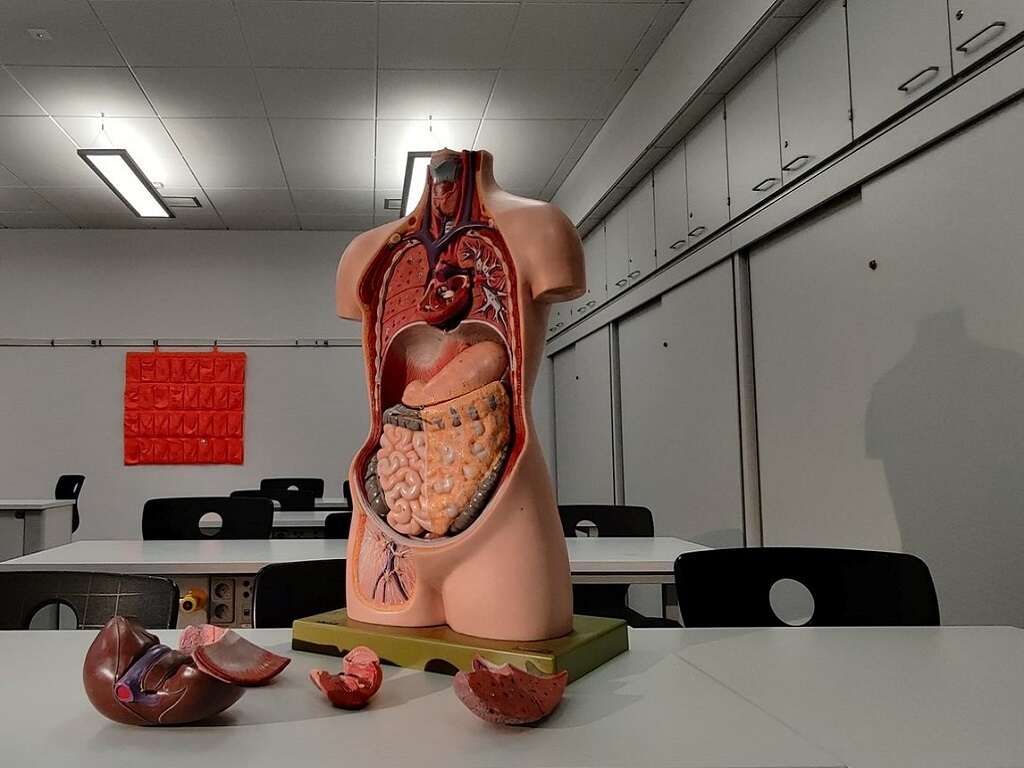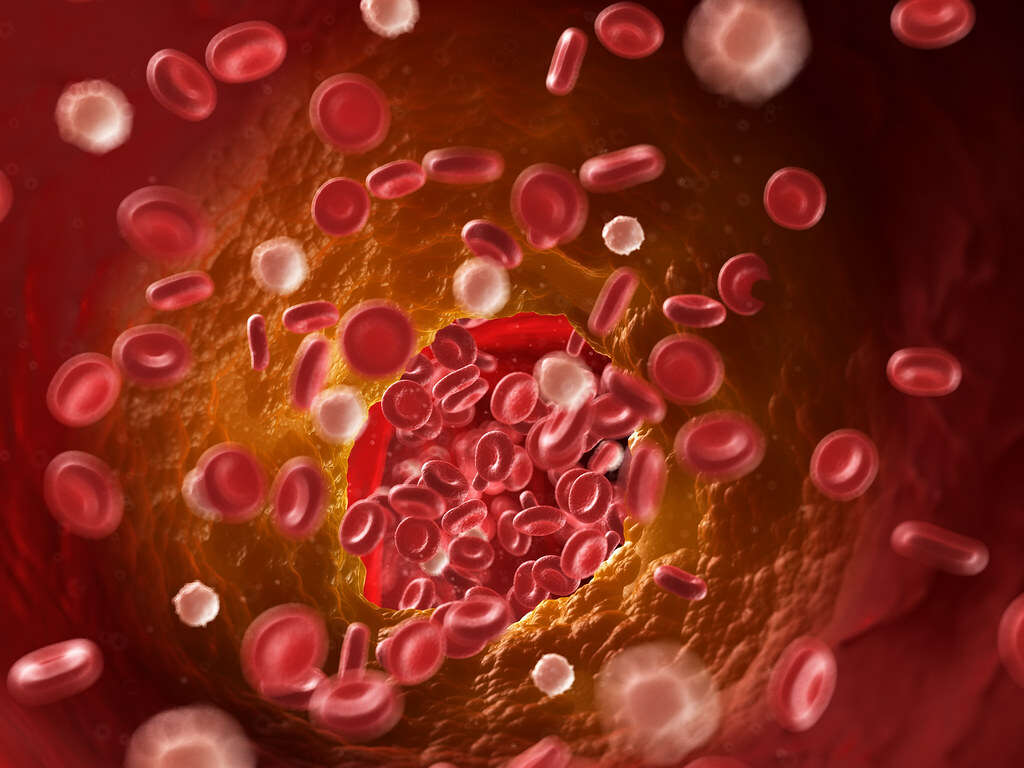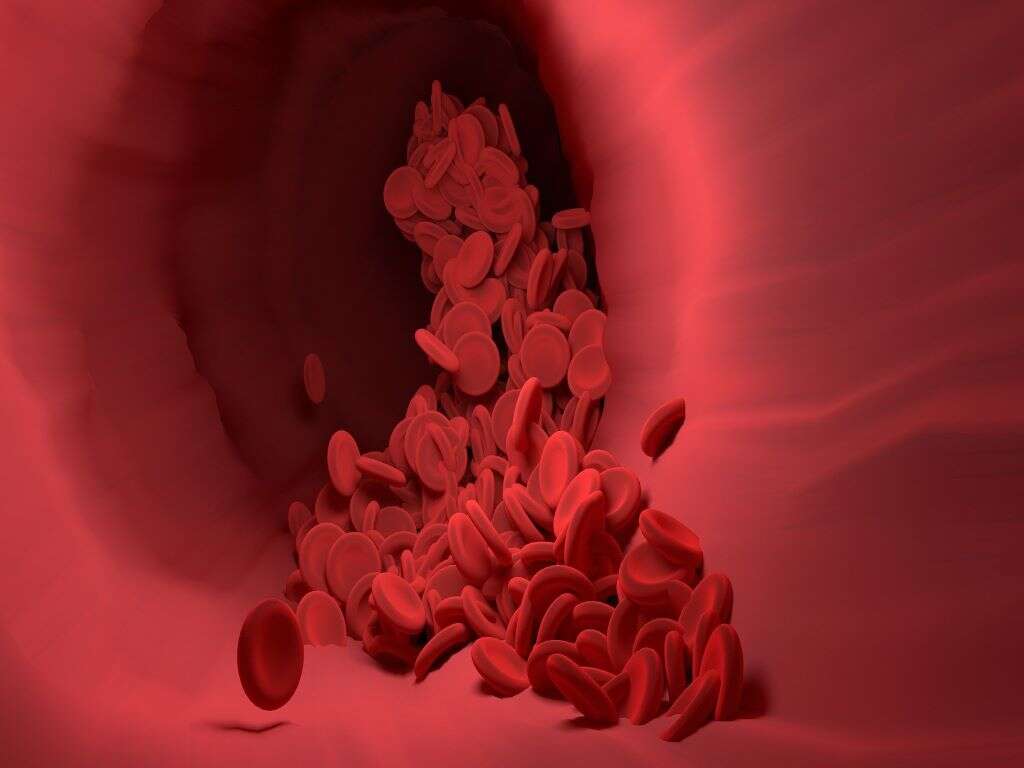10 Natural Blood Thinners
 Article Sources
Article Sources
- 1. Ronald T. Ackermann, MD. 'Garlic Shows Promise for Improving Some Cardiovascular Risk Factors.' Archives of Internal Medicine, JAMA Network, 26 Mar. 2001, jamanetwork.com/journals/jamainternalmedicine/fullarticle/647744
- 2. 'Grape Seed Extract.' National Center for Complementary and Integrative Health, U.S. Department of Health and Human Services, www.nccih.nih.gov/health/grape-seed-extract
- 3. Naderi, Gholam Ali, et al. 'Fibrinolytic Effects of Ginkgo Biloba Extract.' Experimental and Clinical Cardiology, Pulsus Group Inc, 2005, www.ncbi.nlm.nih.gov/pmc/articles/PMC2716226/
- 4. Pareek, Anil, et al. 'Feverfew (Tanacetum Parthenium L.): A Systematic Review.' Pharmacognosy Reviews, Medknow Publications Pvt Ltd, Jan. 2011, www.ncbi.nlm.nih.gov/pmc/articles/PMC3210009/
- 5. Abebe, Worku. 'Review of Herbal Medications with the Potential to Cause Bleeding: Dental Implications, and Risk Prediction and Prevention Avenues.' The EPMA Journal, Springer International Publishing, 8 Jan. 2019, www.ncbi.nlm.nih.gov/pmc/articles/PMC6459456/
- 6. Kaur H;Corscadden K;Lott C;Elbatarny HS;Othman M; 'Bromelain Has Paradoxical Effects on Blood Coagulability: a Study Using Thromboelastography.' Blood Coagulation & Fibrinolysis : an International Journal in Haemostasis and Thrombosis, U.S. National Library of Medicine, pubmed.ncbi.nlm.nih.gov/25517253/
- 7. Kawatra, Pallavi, and Rathai Rajagopalan. 'Cinnamon: Mystic Powers of a Minute Ingredient.' Pharmacognosy Research, Medknow Publications & Media Pvt Ltd, June 2015, www.ncbi.nlm.nih.gov/pmc/articles/PMC4466762/
Plants have been used for medicinal purposes throughout history. Many herbs are well-known for their potential health benefits, although not all health benefits associated with natural substances are supported by medical research. Several plants may have blood-thinning properties, which means they may inhibit clotting factors and reduce the risk of blood clots.5Abebe, Worku. ‘Review of Herbal Medications with the Potential to Cause Bleeding: Dental Implications, and Risk Prediction and Prevention Avenues.’ The EPMA Journal, Springer International Publishing, 8 Jan. 2019, www.ncbi.nlm.nih.gov/pmc/articles/PMC6459456/
Some people prefer to use natural blood thinners, such as food, drinks or supplements, to reduce their risk of cardiovascular disease. Blood-thinning medications should be taken as recommended by health care professionals. People taking such medications frequently need routine lab work to monitor clotting factors and adjust dosages.3Naderi, Gholam Ali, et al. ‘Fibrinolytic Effects of Ginkgo Biloba Extract.’ Experimental and Clinical Cardiology, Pulsus Group Inc, 2005, www.ncbi.nlm.nih.gov/pmc/articles/PMC2716226/
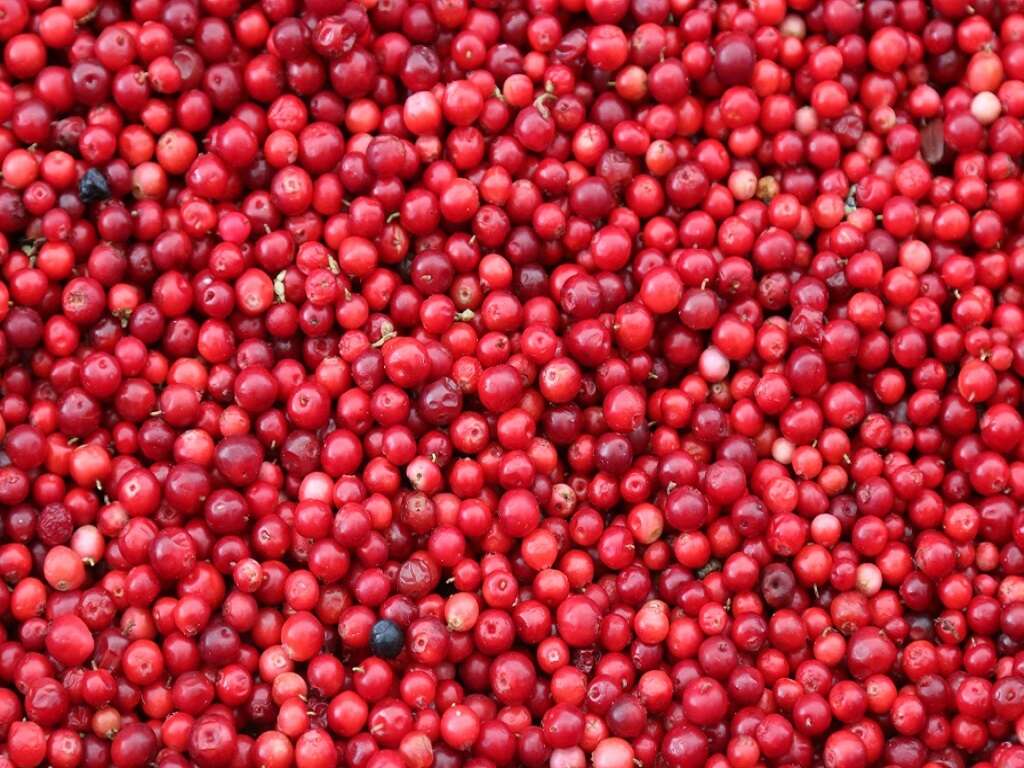
Cinnamon
Cinnamon has been used as a medicine since the time of the ancient Egyptians. The spice comes from Cinnamomum trees. It contains coumarin, a natural anticoagulant. Many blood-thinning medications are derived from coumarin, and the substance is also an ingredient in some rodent poisons.
The two types of cinnamon are ceylon and cassia. Ceylon cinnamon has much lower levels of coumarin than cassia cinnamon, but most cinnamon available for sale is cassia cinnamon. Coumarin can affect liver function. People with liver damage or those taking other medications with warnings concerning liver health should ask their doctors before using cinnamon.7Kawatra, Pallavi, and Rathai Rajagopalan. ‘Cinnamon: Mystic Powers of a Minute Ingredient.’ Pharmacognosy Research, Medknow Publications & Media Pvt Ltd, June 2015, www.ncbi.nlm.nih.gov/pmc/articles/PMC4466762/
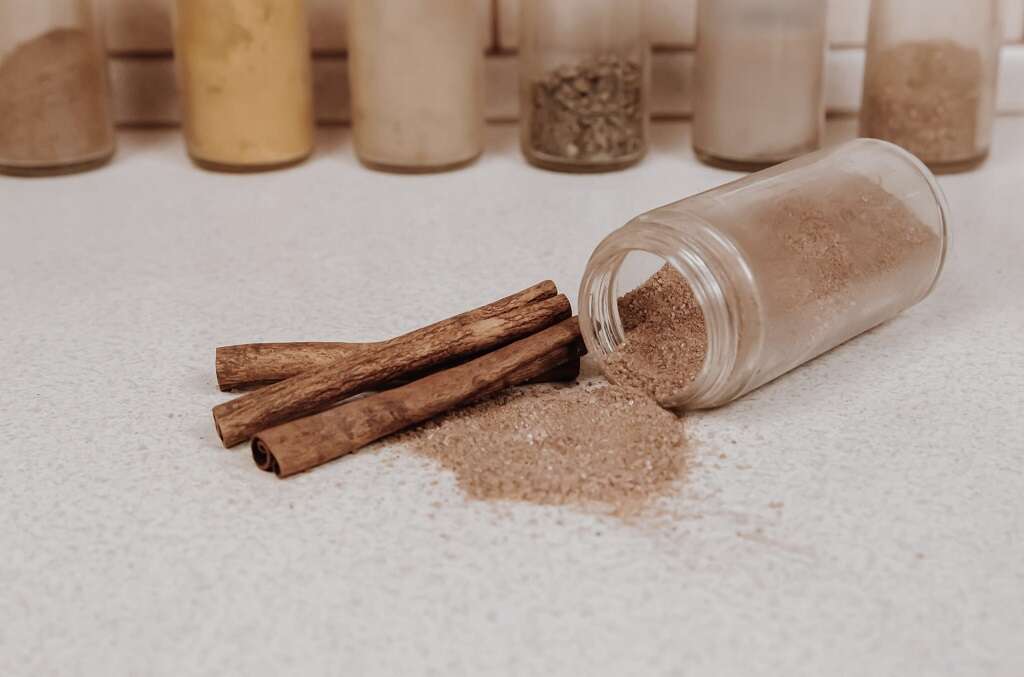
Pineapple
Bromelain is an enzyme found in pineapple. It may have anti-inflammatory effects and may aid protein digestion. Pineapple can actually be used as a meat tenderizer because of its ability to break down proteins. The enzyme may also affect blood coagulation.
Bromelain may slow clotting time; therefore, it can interact with blood-thinning medications. Consuming large quantities of pineapple while taking medicinal blood thinners may increase the risk of bleeding and bruising.6Kaur H;Corscadden K;Lott C;Elbatarny HS;Othman M; ‘Bromelain Has Paradoxical Effects on Blood Coagulability: a Study Using Thromboelastography.’ Blood Coagulation & Fibrinolysis : an International Journal in Haemostasis and Thrombosis, U.S. National Library of Medicine, pubmed.ncbi.nlm.nih.gov/25517253/
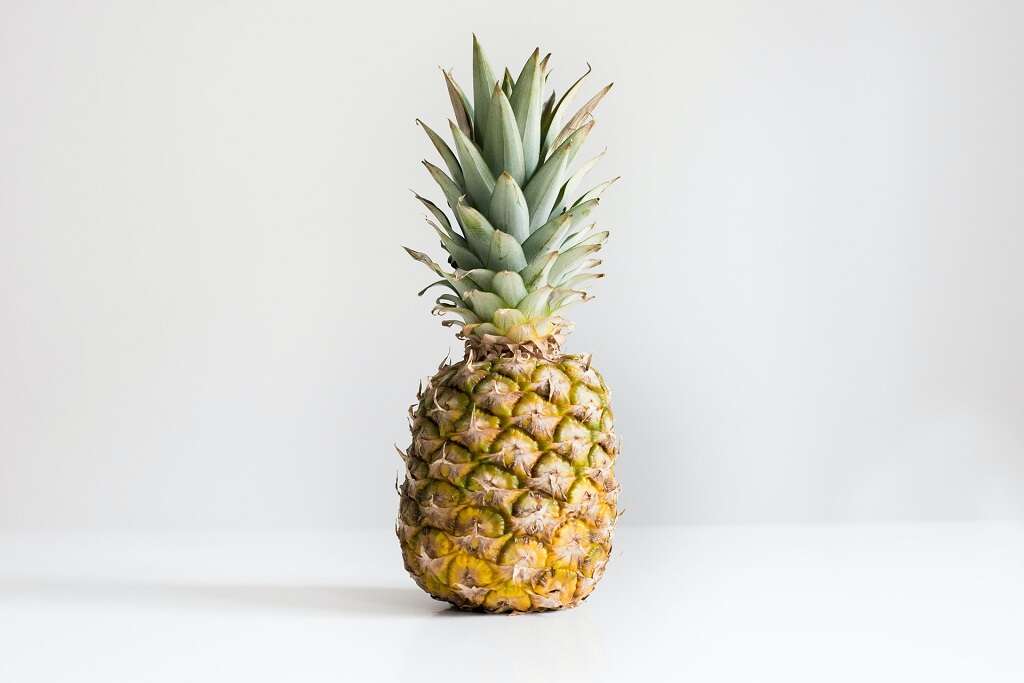
Grape Seed
Grape seed extract is known for its anti-inflammatory and antioxidant compounds. These antioxidants, called oligomeric proanthocyanidin complexes or OPCs, help fight free radicals and may prevent various illnesses. Most of the claims made concerning grape seed extract aren't backed up by large clinical studies, but some evidence indicates it may help symptoms of chronic venous insufficiency and other cardiovascular illnesses.
Certain compounds in grape seed extract are natural anticoagulants. These compounds may interact with medications, and therefore should be taken under medical supervision.2‘Grape Seed Extract.’ National Center for Complementary and Integrative Health, U.S. Department of Health and Human Services, www.nccih.nih.gov/health/grape-seed-extract
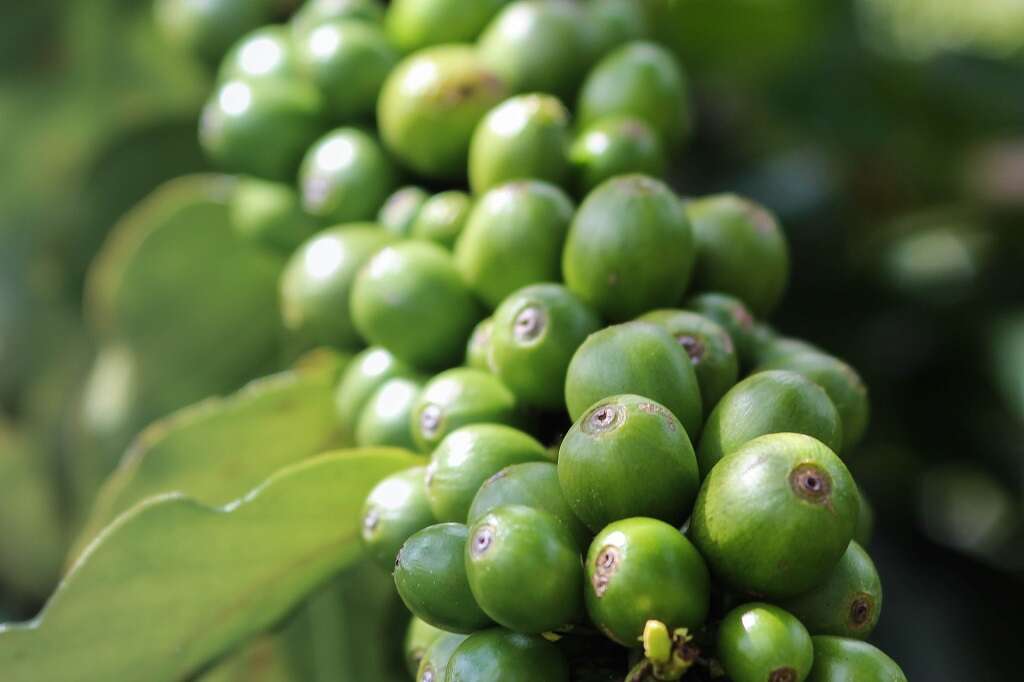
Ginkgo Biloba
Ginkgo biloba extract may be a natural blood thinner that may increase blood flow to the brain, and small blood vessels, such as capillaries in the eyes or ears.
Bioactive compounds in ginkgo biloba may stop platelets from clumping together and forming blood clots. These compounds may also enhance vasodilation or widening of the blood vessels. This process may let blood flow more freely and reduce the risk of plaque formation on blood vessel walls.3Naderi, Gholam Ali, et al. ‘Fibrinolytic Effects of Ginkgo Biloba Extract.’ Experimental and Clinical Cardiology, Pulsus Group Inc, 2005, www.ncbi.nlm.nih.gov/pmc/articles/PMC2716226/However, more research is needed to confirm these benefits.
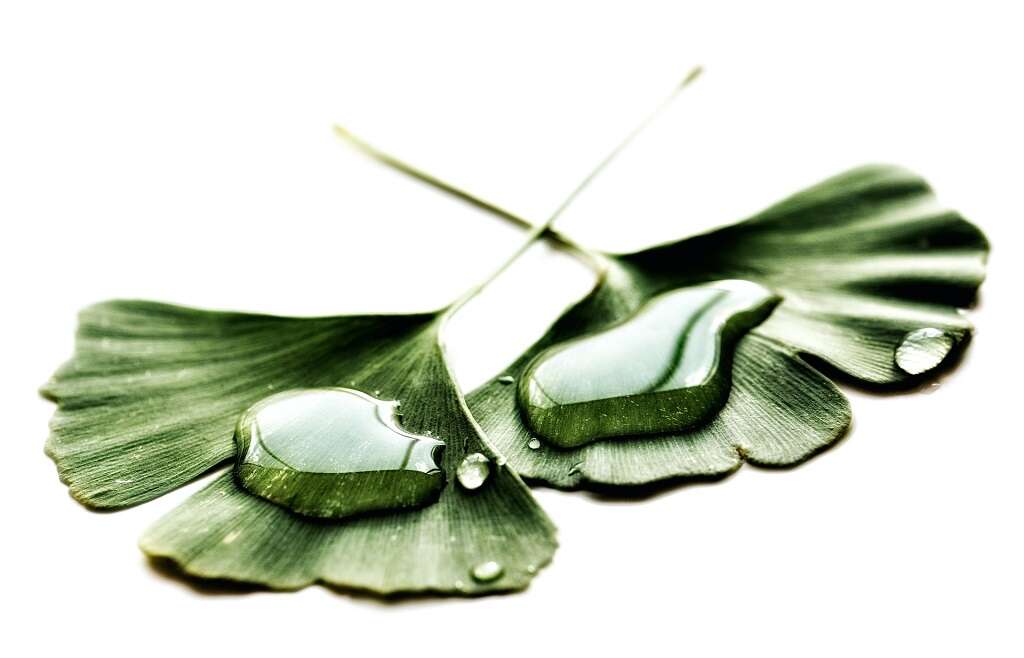
Turmeric
Turmeric is a spice with a history in Ayurvedic medicine. It gives foods a vibrant yellow color. However, turmeric also contains curcumin, a compound that may affect platelet function and reduce blood clotting.
A blood test called bleeding time (or BT) measures the amount of time it takes for blood clots to form. Normal BT time is two to 10 minutes. Studies find that turmeric alone usually doesn't extend BT time, but turmeric combined with anticoagulant medications extends BT times in some cases.5Abebe, Worku. ‘Review of Herbal Medications with the Potential to Cause Bleeding: Dental Implications, and Risk Prediction and Prevention Avenues.’ The EPMA Journal, Springer International Publishing, 8 Jan. 2019, www.ncbi.nlm.nih.gov/pmc/articles/PMC6459456/

Cayenne Peppers
Cayenne peppers contain salicylates, which are also compounds found in aspirin. Salicylates are vasodilators and mild blood thinners that may help lower blood pressure and enhance blood circulation.5Abebe, Worku. ‘Review of Herbal Medications with the Potential to Cause Bleeding: Dental Implications, and Risk Prediction and Prevention Avenues.’ The EPMA Journal, Springer International Publishing, 8 Jan. 2019, www.ncbi.nlm.nih.gov/pmc/articles/PMC6459456/
Cayenne pepper can be formed into a paste and used topically to treat wounds because of its painkiller, antifungal and antibacterial properties. Cayenne pepper can be safely enjoyed on food in small quantities as a spice, but supplements should be used cautiously.
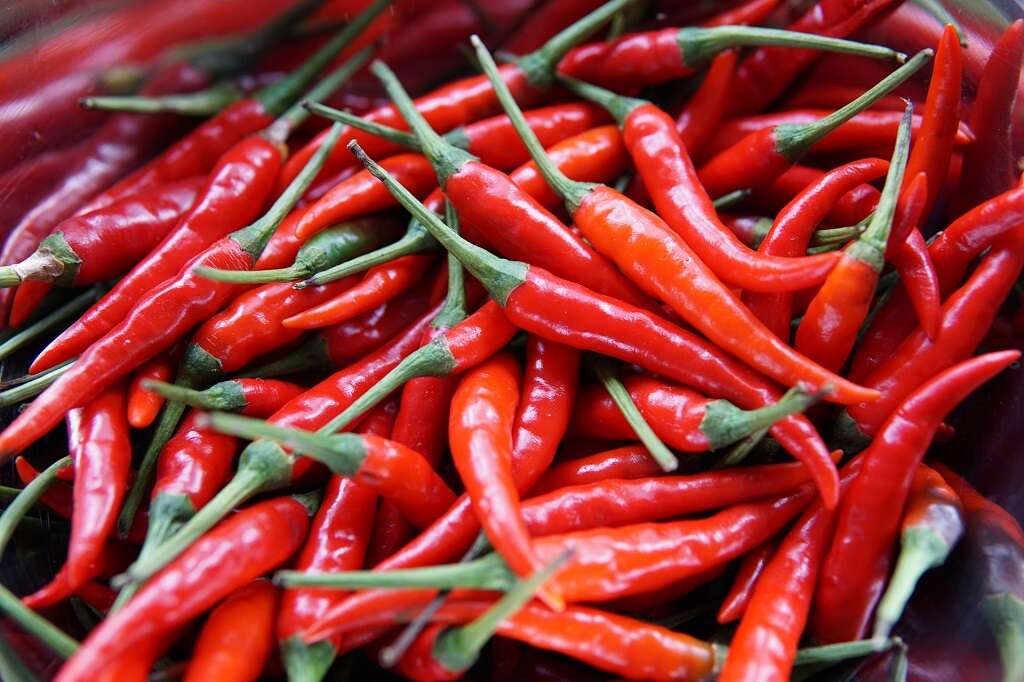
Cranberry
Cranberry is a popular supplement, although it isn't well-known as a blood thinner. It contains salicylic acid, which is also present in aspirin. Salicylic acid may prevent blood clots by stopping platelets from sticking together.
Some research studies found that cranberry interacts with a common blood-thinning medication called warfarin and other antiplatelet drugs. While it is safe to consume cranberry juice as a food, in moderate amounts, cranberry extracts should not be taken along with prescription blood thinners without medical advice.5Abebe, Worku. ‘Review of Herbal Medications with the Potential to Cause Bleeding: Dental Implications, and Risk Prediction and Prevention Avenues.’ The EPMA Journal, Springer International Publishing, 8 Jan. 2019, www.ncbi.nlm.nih.gov/pmc/articles/PMC6459456/

Feverfew
Feverfew is a perennial plant with small yellow flowers that look like daisies. The plant originated in Asia and the Balkans but grows in gardens and along roadsides. It was once called medieval aspirin because it was used for so many medicinal purposes, such as lowering fevers and alleviating menstrual disorders.
Some people take feverfew supplements for migraines, tension headaches or digestive conditions. It may provide relief for these conditions due to its natural anti-inflammatory and painkilling effects.4Pareek, Anil, et al. ‘Feverfew (Tanacetum Parthenium L.): A Systematic Review.’ Pharmacognosy Reviews, Medknow Publications Pvt Ltd, Jan. 2011, www.ncbi.nlm.nih.gov/pmc/articles/PMC3210009/ It also has blood thinner qualities.
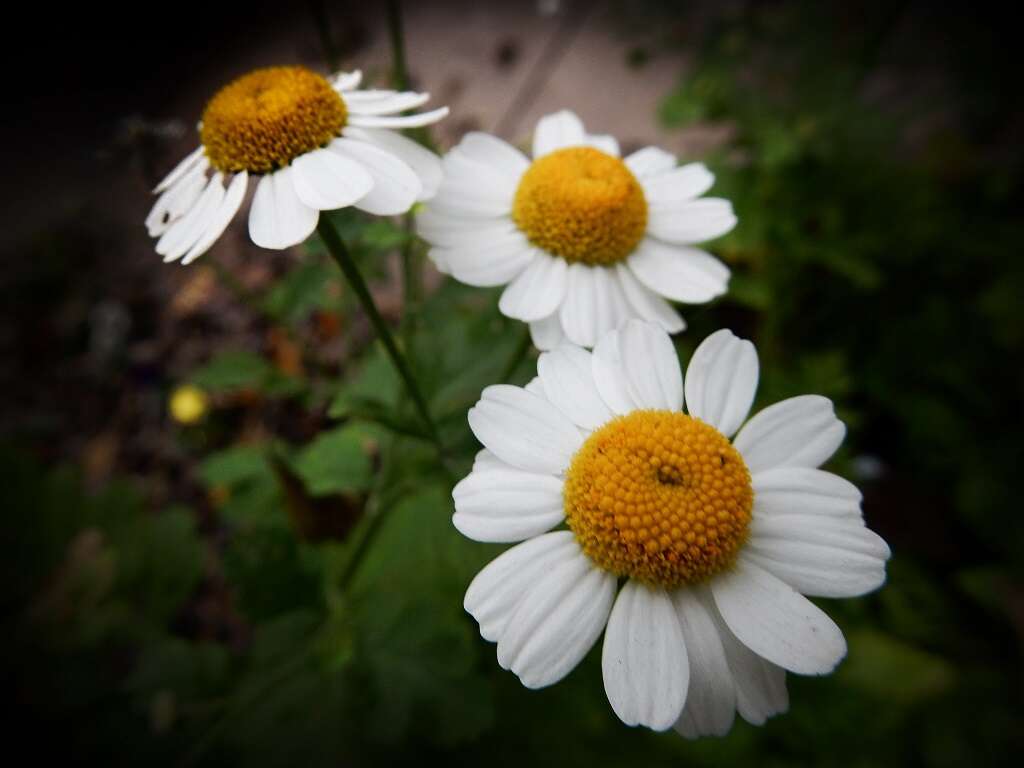
Garlic
Garlic is a popular herb valued for its potential cardiovascular benefits. Herbal garlic preparations contain many bioactive compounds. Active compounds in garlic, like allicin and allin, have blood-thinning properties because it inhibits chemicals that trigger platelet aggregation or clumping.
Studies indicate that garlic oil taken in moderate-to-high doses may reduce platelet clumping. Blood thinners, medications and supplements should be reviewed before surgeries, to avoid the risk of excess bleeding.1Ronald T. Ackermann, MD. ‘Garlic Shows Promise for Improving Some Cardiovascular Risk Factors.’ Archives of Internal Medicine, JAMA Network, 26 Mar. 2001, jamanetwork.com/journals/jamainternalmedicine/fullarticle/647744
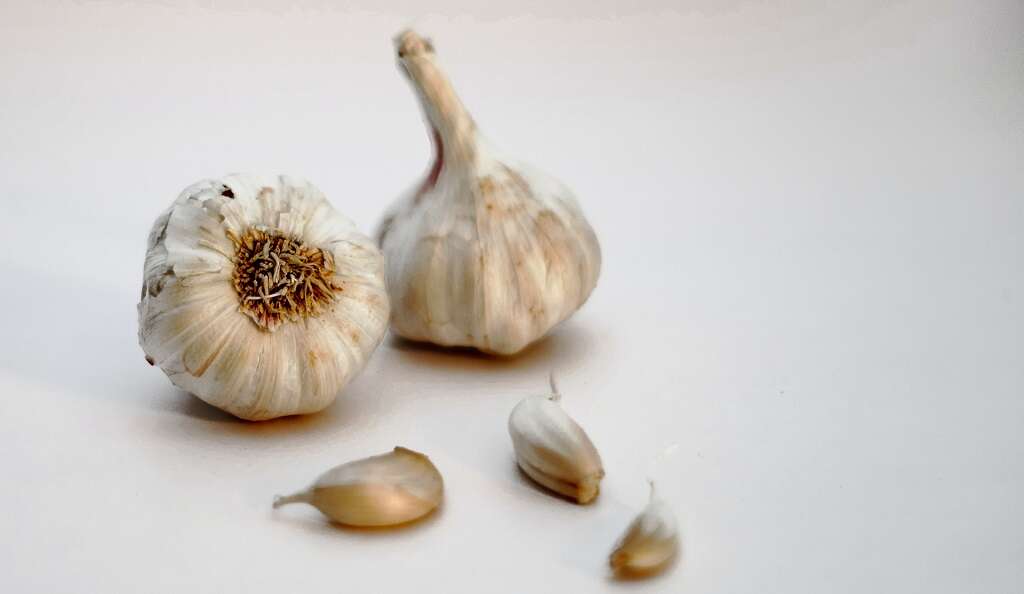
Ginger
Gingerol, a compound found in ginger, may act as a natural blood thinner and may reduce the risk of heart attack and stroke by preventing platelet clumps, according to some studies. Foods and beverages containing ginger are sometimes used to relieve nausea and other digestive complaints. Using ginger as a food is safe, but people taking blood-thinning medications should ask their doctors before taking high doses of ginger extract supplements.
Supplements containing ginger must include gingerol to have any potential effect on blood clots.5Abebe, Worku. ‘Review of Herbal Medications with the Potential to Cause Bleeding: Dental Implications, and Risk Prediction and Prevention Avenues.’ The EPMA Journal, Springer International Publishing, 8 Jan. 2019, www.ncbi.nlm.nih.gov/pmc/articles/PMC6459456/



